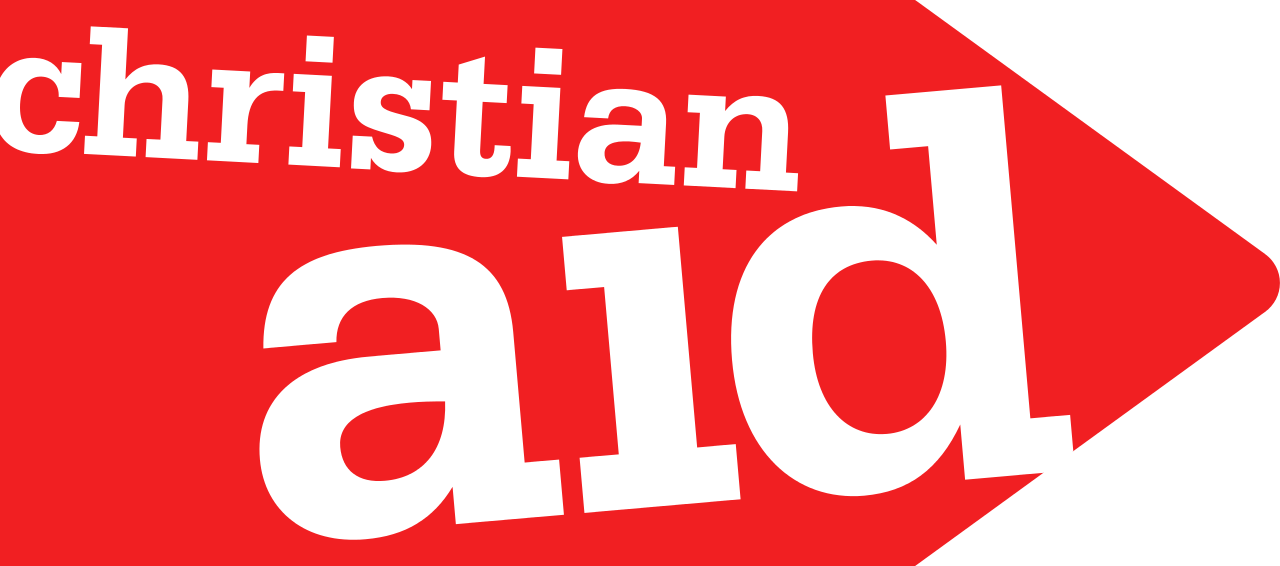Location
Christian Aid is a Christian organisation that insists the world can and must be swiftly changed to one where everyone can live a full life, free from poverty.
We work globally for profound change that eradicates the causes of poverty, striving to achieve equality, dignity and freedom for all, regardless of faith or nationality. We are part of a wider movement for social justice.
We provide urgent, practical and effective assistance where need is great, tackling the effects of poverty as well as its root causes.
Our vision
Poverty is an outrage against humanity. It robs people of dignity, freedom and hope, of power over their own lives. Christian Aid has a vision - an end to poverty - and we believe that vision can become a reality.
From April 2012, Christian Aid's work will be focused around the goals and objectives identified in our corporate strategy, 'Partnership for change – the power to end poverty' .
Members:
Resources
Displaying 1 - 5 of 8Mercado Institucional Evaluación de programas en Brasil
En esta publicación, quilombolas*, trabajadores rurales del Movimiento Sin Tierra asentados con la Reforma Agraria, indígenas y representantes de comunidades afectadas por represas en Brasil, juntamente con la agencia ecuménica de cooperación británico irlandesa Chirstian Aid y sus asociados, Comisión Pro Indio de São Paulo(CPI-SP), MST y MAB, evalúan de forma colectiva los obstáculos en la aplicación de los programas y las políticas por detrás de las siglas PAA (Programa de Adquisición de Alimentos), PNAE (Programa Nacional de Alimentación Escolar),y PNPSB (Política Nacional para la Promoc
Burma's Dirty War - The humanitarian crisis in eastern Burma
Up to a million people have fled their homes in eastern Burma in a crisis the world has largely ignored.
Burma's refusal to release Aung San Suu Kyi from house arrest, and the boycotting of the constitutional convention this month by the main opposition, has thrust Burma into the spotlight again.
But unseen and largely unremarked is the ongoing harrowing experience of hundreds of thousands of people in eastern Burma, hiding in the jungle or trapped in army-controlled relocation sites. Others are in refugee camps on the Thai-Burmese border.
Fuelling poverty: oil, war and corruption
This report argues that for many developing countries, oil reserves are more likely to prove a curse than a blessing. Poor countries dependent on oil revenues have a higher incidence of four great and interconnected ills.
Distribution of lifesaving non-food items and shelter materials for most vulnerable conflict affected populati
Objectives
DRC mobile response team aims to support the most vulnerable and underserved populations in Upper Nile affected by conflict through the provision of multi-sector survival kit, non-food items and emergency shelter support. All responses are led by a protection centered need assessments that will determine the exact nature of the response. Through this project, DRC will fund a mobile team based in Malakal and Juba with rapid response capability to cover various areas of the Upper Nile State. The Juba based mobile team will quickly deploy to locations of Upper Nile where land access is limited for the Malakal based mobile team. By having a mobile team in Malakal, and Juba DRC will be in better placed to support new displacements and spontaneous returns across the Upper Nile. All S/NFI materials will be provided by the cluster pipeline and are not budgeted under the project. These items will include survival kit, NFI kits and emergency shelter items distributed by the cluster. The beneficiary calculation for both mobile response teams is in line with the USD $13 per beneficiary targeted by the cluster, including household members (i.e. one S/NFI kit directly benefitting all members of a household). The response missions will be followed by post distribution monitoring that will highlight any risks by the S/NFI intervention. Beneficiaries will be able to provide their opinions on how DRC and cluster interventions can be improved and they will be given the opportunity to make a complaint. A formal feedback mechanism will be fed through DRC’s hotline whereby complaints or queries may be logged and responded to remotely.
Support to Vale Columbia (CCSI)
General
This activity (Support to Vale Columbia (CCSI)) is a component of Land Governance for Economic Development reported by FCDO, with a funding type of 111 - Not for profit organisation and a budget of £46,168.This project benefits Developing countries, unspecified.And works in the following sector(s): Agricultural land resources.





